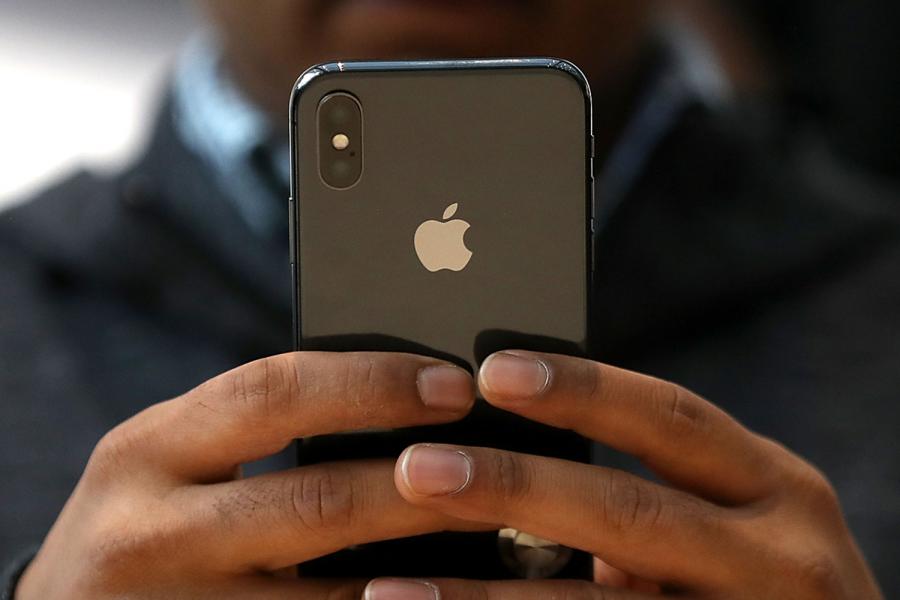
Google has a great system for optimizing searches, but they’ve given mobile more prominence lately. Last July, they axed their long-running Instant Search feature in order to unify the desktop and mobile search. But their latest tweak will go into effect in July 2018. This effect aims to improve the mobile browsing experience by factoring how long a page takes to load. This will ultimately affect its search rank. So if your site is super slow to load, then your site is going to get ranked much lower than others. The question I have is whether or not this is fair. But let’s talk about other Google ranking factors, shall we?
Backlinks
Google loves backlinks. In fact, they love them so much, some of the ranking factors are based on this idea. What is a backlink? A backlink is a link one website gets from another website. Backlinks make a huge impact on a website’s prominence in search engine resultsBacklinks should be natural, this means that a website must not use artificial ways to create backlinks for their own websites. The quality of links is far more important than the quantity.

Link Score
How does Google turn the abstract concept of “backlinks” into a quantifiable ranking score? Google explains that this is done by calculating a “link score.” The score is made up of every incoming link’s individual quality score and the number of links to the site. So link quantity is an important part of the score. However, remember that you can’t afford to have spammy, low-quality links.
Anchor Text Relevance
Anchor text is another part of the “backlinks” concept that matters for rankings. The anchors tell Google what your page is about, and therefore how they should rank it. But at the same time, you have to balance because Google has tools in place to know if you’re just randomly putting links on your site to get your rank higher.

Keyword Usage
Your title remains the strongest relevance signal to Google. Using keywords or variations in the title tag is still important. The meta description can also boost relevance, although it carries less weight. H1 tags also help when it comes to keyword usage, as does using keywords throughout the body of the web page.
Length
When it comes to search rank, Google looks at the amount of content on the page itself. There isn’t an ideal length to make this determination, but Google qualifies it as “the amount of content necessary for the page to be satisfying depends on the topic and purpose of the page”.

Mobile Friendliness
If your pages aren’t optimized for smartphones, they won’t rank in a mobile search at all. Over half of Googles queries are coming from mobile devices, so this is why Google takes this aspect very seriously.
Page Speed
Last, but not least, and the reason for this post – Google wants to know how fast your page loads. In fact, they expect your page to load in two seconds or less. If it takes longer, that’s when you’re going to get ranked lower on the list of search results.
Getting back to my original question of whether this is fair or not. I think the answer is yes. Why? Well, Google has to assess your website on certain things, and in 2018 consumers expect speed. So yes, this definitely makes sense. When I said “last, but not least”, I meant for my list. Google ranks websites based on about 200 different criteria. These are just some of the factors. Also, Google wants to help you out with your search rank. In fact, they offer some developer tools to help you speed up your web page. That’s nice, right? They set the bar, and then give you the tools to achieve it? All in all, I think this is a good way to weed out the bad websites that are on the internet.



